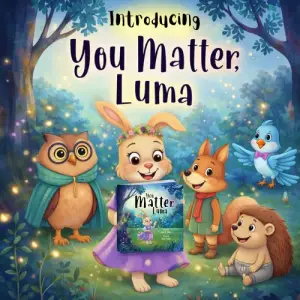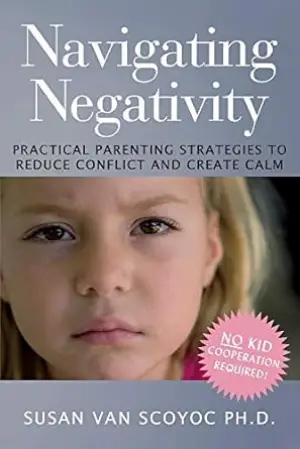A Review of Claire, Darling: A Rollercoaster of Psychological Intrigue
When I first stumbled upon Claire, Darling by Callie Kazumi, I couldn’t resist its tantalizing premise: what would happen if your fiancé vanished into thin air, leaving you in a spiraling whirlwind of confusion and heartbreak? As someone who loves a good psychological thriller, I was all in. With an unreliable narrator and a mystery that promised to keep me on my toes, I eagerly dove into Claire’s world… and boy, was it a ride!
At the heart of the story is Claire, who is seemingly living the dream with her fiancé, Noah. That dream swiftly shatters when Claire decides to surprise him at work, only to learn he doesn’t even work there. The gut-wrenching moment of realization set the stage for a gripping narrative that unfolds with layers of obsession, revenge, and a quest for truth. Claire’s determination to uncover the reasons for Noah’s disappearance leads her down a dark and twisted psychological spiral, and as her past unravels, the reader is forced to question what is real and what is illusion.
Kazumi’s writing style is nothing short of gripping. The dual timelines and diary entries not only build suspense but also allow for a deeper exploration of Claire’s psyche. I was glued to the pages, especially in the first 90%. There was something exhilarating about rushing through the chapters, feeling the tension in every line. The early parts of the book delivered on its promise, perfectly capturing that nightmare scenario of betrayal and abandonment.
However, it wouldn’t be a proper review without addressing the parts that left me feeling… well, unsettled. Claire, as a character, is undeniably intense—and I mean that in both a captivating and exhausting sense. While I appreciated Kazumi’s exploration of a morally grey protagonist, I often found myself struggling to connect with Claire. Her extreme obsession and chaotic nature bordered on overwhelming, and although this depth was intriguing, it occasionally felt excessive, particularly in the slower-paced segments.
Now, let’s talk about that ending—oh boy. After investing my emotional energy in Claire’s journey, I felt blindsided by the twist that revealed much of it was imagined. The reveal not only felt like a cheap trick but also raised so many glaring questions about the narrative’s logic. If Claire was truly spiraling, then how could her texts and calls to Noah go unchecked? This inconsistency overshadowed the novel’s buildup, turning what could have been a powerful twist into what felt like a frustrating cop-out.
So, can I recommend Claire, Darling? It’s a mixed bag. If you’re a fan of psychological thrillers that tackle themes of obsession and identity crises, this might still pique your interest. But if the reliance on mental illness as a last-minute twist frustrates you, you may want to pass.
Ultimately, while Claire, Darling drew me in with its promise of tension and intrigue, the climax left me feeling disheartened. Still, the journey through Claire’s tumultuous mind was an experience I won’t soon forget—one that prompted me to reflect on trust, reality, and the stories we tell ourselves. If you’re still curious, perhaps grab a copy and see if Claire’s dark descent resonates with you; just be prepared for the emotional rollercoaster!






